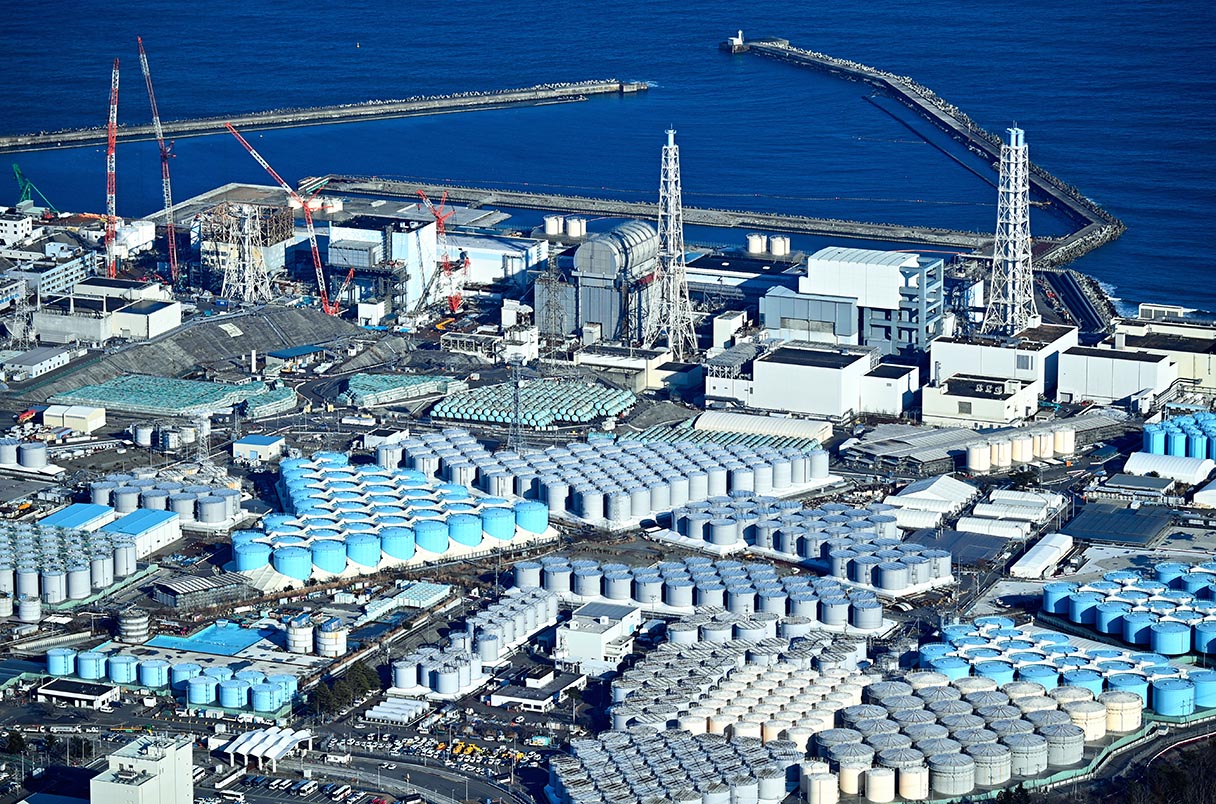Fiji’s Prime Minister Sitiveni Rabuka has reaffirmed his commitment to closely monitor expert analysis of treated wastewater discharge from the Fukushima Daiichi Nuclear Plant and to engage in ongoing dialogue with Japan.
The PM’s statement in Parliament this morning comes as Fiji grapples with divergent opinions concerning this matter.
Rabuka acknowledged the initial stance of former Attorney-General Aiyaz Sayed-Khaiyum, who initially found Japan’s evidence on wastewater safety compelling but later called for Fiji to conduct its own impact assessment.
He said it is worth noting that the previous government did not issue a formal protest to Japan when the wastewater discharge plan was first announced in 2021.
The PM further highlights that the former Prime Minister Voreqe Bainimarama, often seen as an environmentalist, similarly sought dialogue and information sharing with Japan in 2021 but did not file a formal protest, as the discharge had not yet taken place then.
“I felt that it was in our best interest, and the best interest of our shared marine environment, to focus on upholding the standards and maintain dialogue rather than stand in direct opposition to a decision that Japan has made.”
Addressing concerns linking the wastewater discharge to past nuclear weapons testing in the Pacific, Rabuka has emphasized that such a comparison lacks scientific merit.
He defended his endorsement of the IAEA findings as a prerogative of his role as Prime Minister.
In response, opposition MP Faiyaz Koya argued that Fiji remains a leading voice in the Pacific and says that the nuclear wastewater would not be dumped into a creek but into the Pacific Ocean.
Meanwhile, opposition leader Inia Seruiratu is expected to move a motion in Parliament later, urging the Prime Minister to reconsider his decision regarding the disposal of nuclear waste in the Pacific Ocean.
SOURCE: FBC NEWS/PACNEWS














